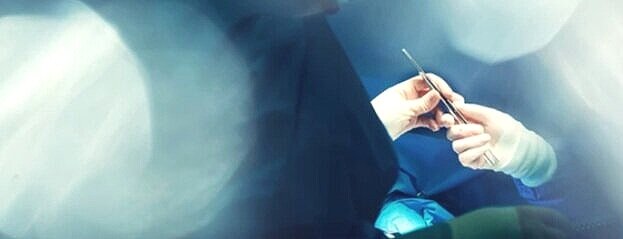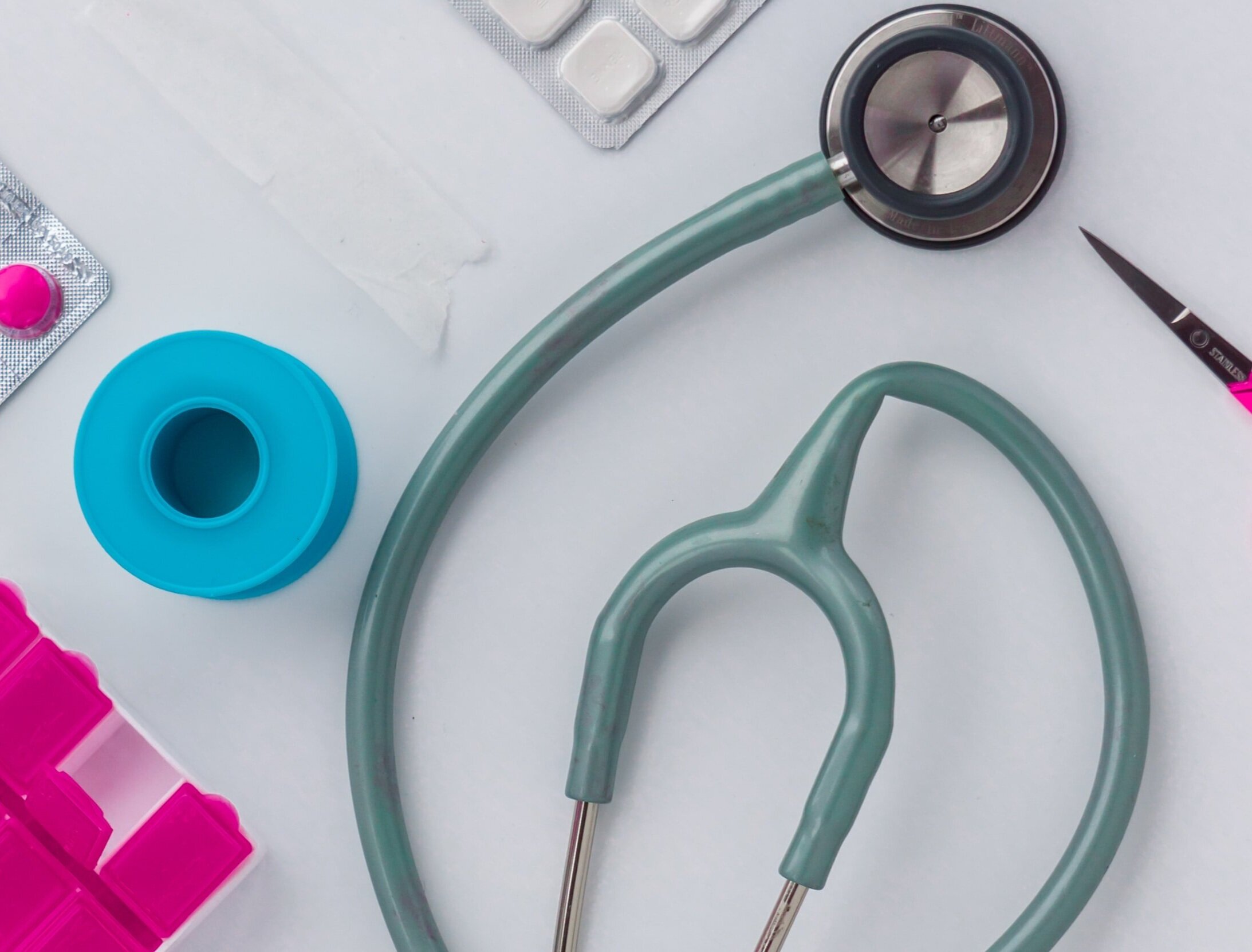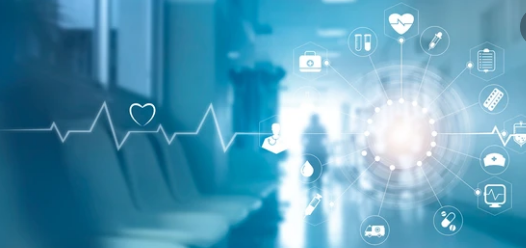Colonoscopy is performed as a day procedure. It is usually performed with light sedation administered by an anaesthetist.
You are usually allowed to eat and drink after the procedure.
However, you should not drive, travel alone on public transport, operate machinery, sign legal documents or drink alcohol for 24 hours after the procedure.
You may feel minor abdominal discomfort and bloating after the procedure. This is usually due to medical gas placed into the bowel during the colonoscopy. Your body will evacuate this gas via natural measures, which will result in improvement in the bloating and discomfort.
Dr Zhu will discuss the findings of your procedure with you on the day and will arrange further follow up as appropriate.
Dr Zhu can determine if this procedure is appropriate for you and individualise it based on your medical profile.



